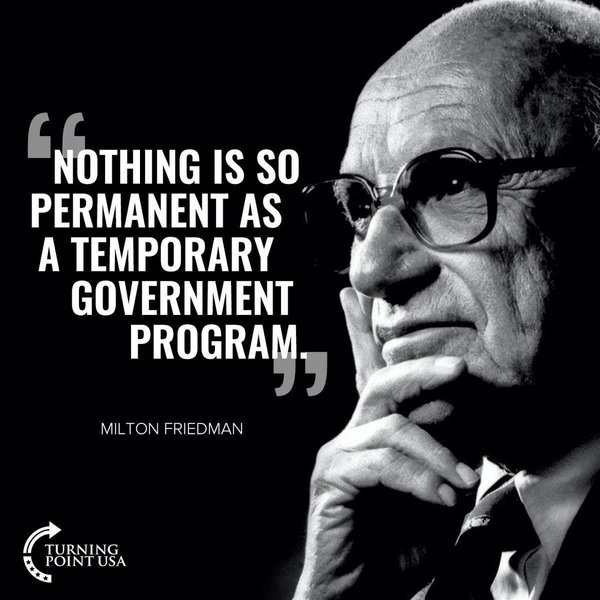Sublime
An inspiration engine for ideas
Keynes was a failed investor and statistician who never studied economics but was so well‐connected with the ruling class in Britain that the embarrassing drivel he wrote in his most famous book, The General Theory of Employment, Money, and Interest, was immediately elevated into the status of founding truths of macroeconomics. His theory begins
... See moreSaifedean Ammous • The Bitcoin Standard: The Decentralized Alternative to Central Banking
Rawls explicitly rejected “welfare state capitalism,” arguing that we cannot create a fair economy through redistribution alone. As we have seen, the difference principle is concerned not just with income and wealth, but with inequalities of economic power and control and of opportunities for self-respect; and this broad perspective, in turn,
... See moreDaniel Chandler • Free and Equal: A Manifesto for a Just Society

The Nobel laureate economist Friedrich Hayek had a phrase for the kind of awareness that is hard to capture in metrics and maps: the “knowledge of the particular circumstances of time and place.”
Tim Harford • The Data Detective

Roger Ferguson, Jr., former vice chairman of the board of governors of the Federal Reserve, explains, “Policymakers who fail to appreciate the relationship between the relentless churning of the competitive environment and wealth creation will end up focusing their efforts on methods and skills that are in decline. In so doing, they establish
... See moreCharles Wheelan • Naked Economics: Undressing the Dismal Science (Fully Revised and Updated)
George Stigler, a thirty-five-year-old economist at the University of Minnesota. Inflation had diluted the 40-cent minimum wage, and people were calling for an increase to 60 or even 75 cents an hour, which translates to $9.51 and $11.88 in June 2022 dollars. “Economists have not been very outspoken on this type of legislation,” Stigler wrote. “It
... See moreMatthew Desmond • Poverty, by America
Communism and agrarian law think they have solved the second problem. They are mistaken. Their distribution kills production. Equal partition abolishes emulation. And consequently labor. It is a distribution made by the butcher, who kills what he divides. It is therefore impossible to stop at these professed solutions. To kill wealth is not to
... See moreVictor Hugo • Les Miserables (Les Misérables)
Wer für das Wir spricht, glaubt mehr über den konkreten Einzelfall zu wissen als der betroffene Einzelne. Mit dem Sozialismus wurde eine vernünftig klingende Aneinanderreihung von unhaltbaren – faktischen wie theoretischen – Annahmen entwickelt. Egal, wie gut gemeint und intelligent sie vorgetragen wurden, so Hayek, sie waren vor allem Anmaßung von
... See more